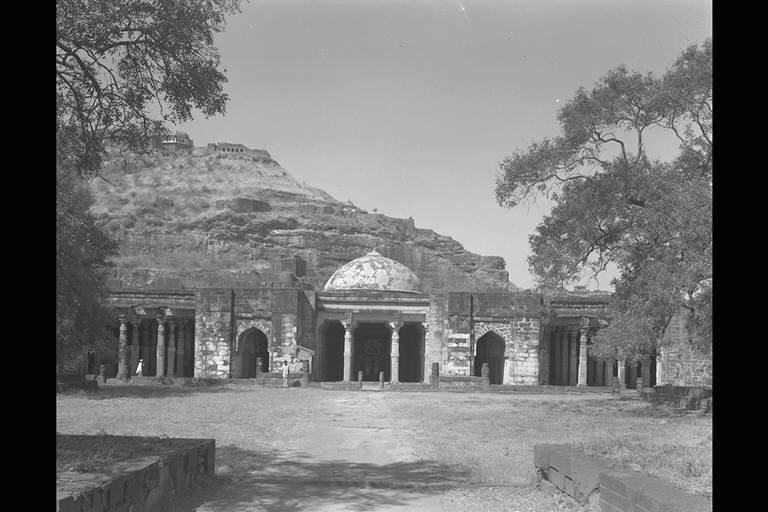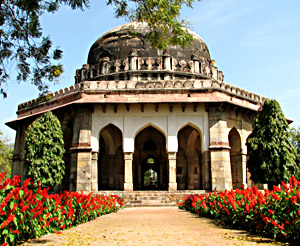Entrance to the Red Fort
The Yamuna River
Interior of The Red Fort
Linear ways and axial relationship are seen pertaining to
characterize individual parts of The Red Fort.
Main Gate to The Red Fort
At the heart of Shah Jahan’s new city stood The Red Fort a vast walled complex of palaces and assembly halls from which he ruled with unrivalled pomp and ceremony.
It is a 17th-century fort complex constructed by the Mughal emperor, Shah Jahan in the walled city of Old Delhi (in present day Delhi, India) The Red Fort served as the residence of the Mughal Emperors. The fort was the palace for Mughal Emperor Shah Jahan's new capital, Shahjahanabad, the seventh city in the Delhi till this day.
The fort lies along the Yamuna River, which fed the moats that surround most of the walls. The construction of the Red Fort began in 1638 and was completed by 1648. The Red Fort has had many developments added on after its construction by Emperor Shah Jahan.
Above: One of the two imposing entrances to the Red Fort. The fort was a city within a city, housing a bazaar, many workshops and 50,000 people.
An amateur video inside the Red Fort
Canal of Paradise
A shallow marble course known as the canal. The fortified outer wall, from which the modern name derives, was made of red standstone and many of the palace buildings within the wall are of white marble. The chief designer, Amad Lahwri, also designed the Taj Mahal building and garden. Shahjahanabad can be viewed as a Paradise Garden converted into a city plan. It has a series of great courts with colonnades, arcades, gateways and numerous buildings. The pavilions for the emperor and the zanana are on terraces along a canal by the former river bank.
"it is a garden of perfect freshness and pleasantness, so that the whole paradisical ground from one end to the other because of its lush vegetation has outshone the green sky, and its sight is presented to the eyes of the beholder as the highest paradise"
Courtly Quarters

















